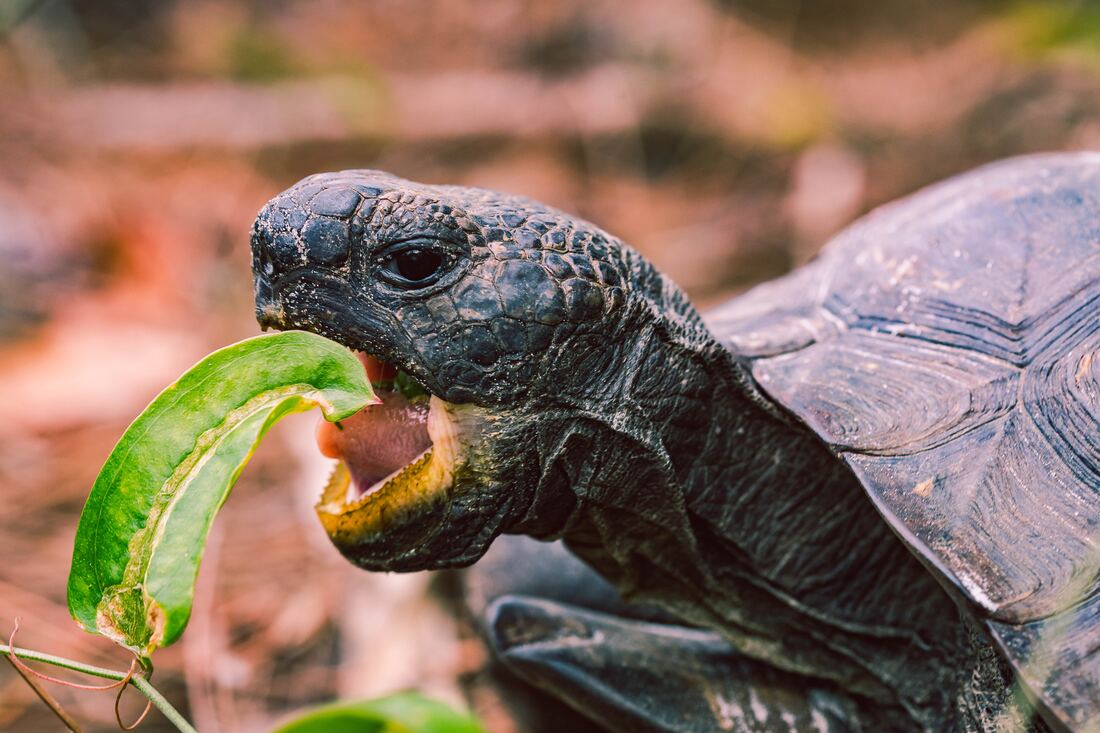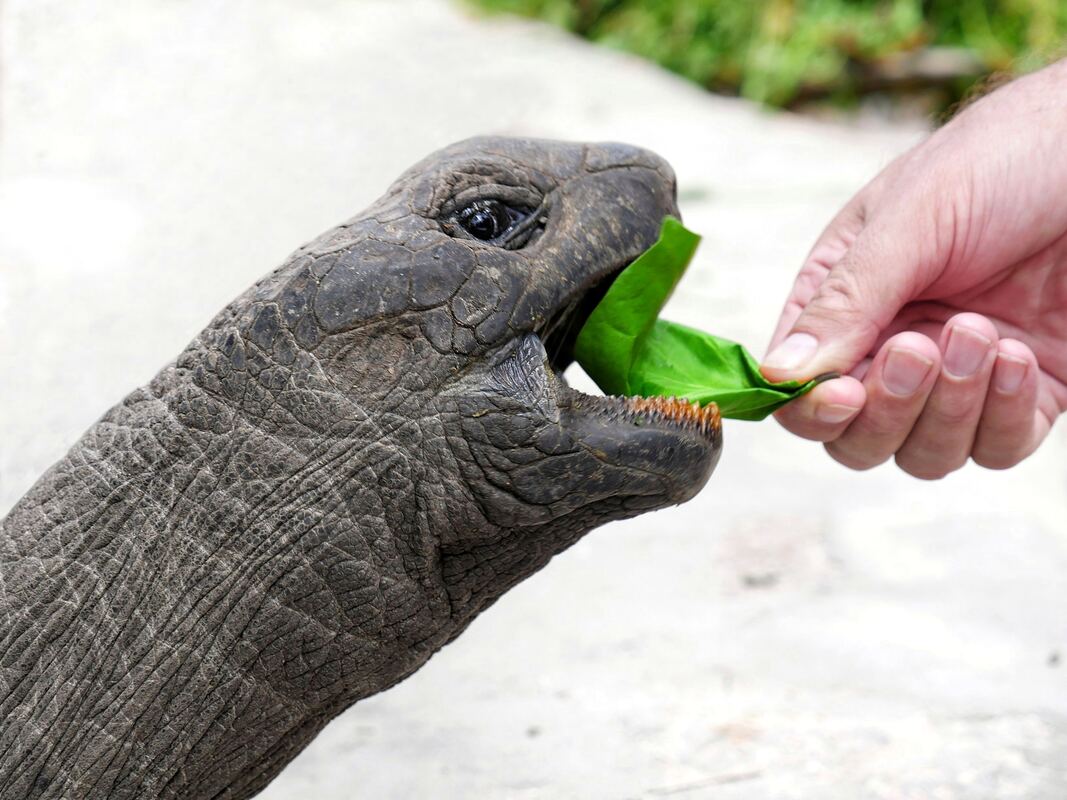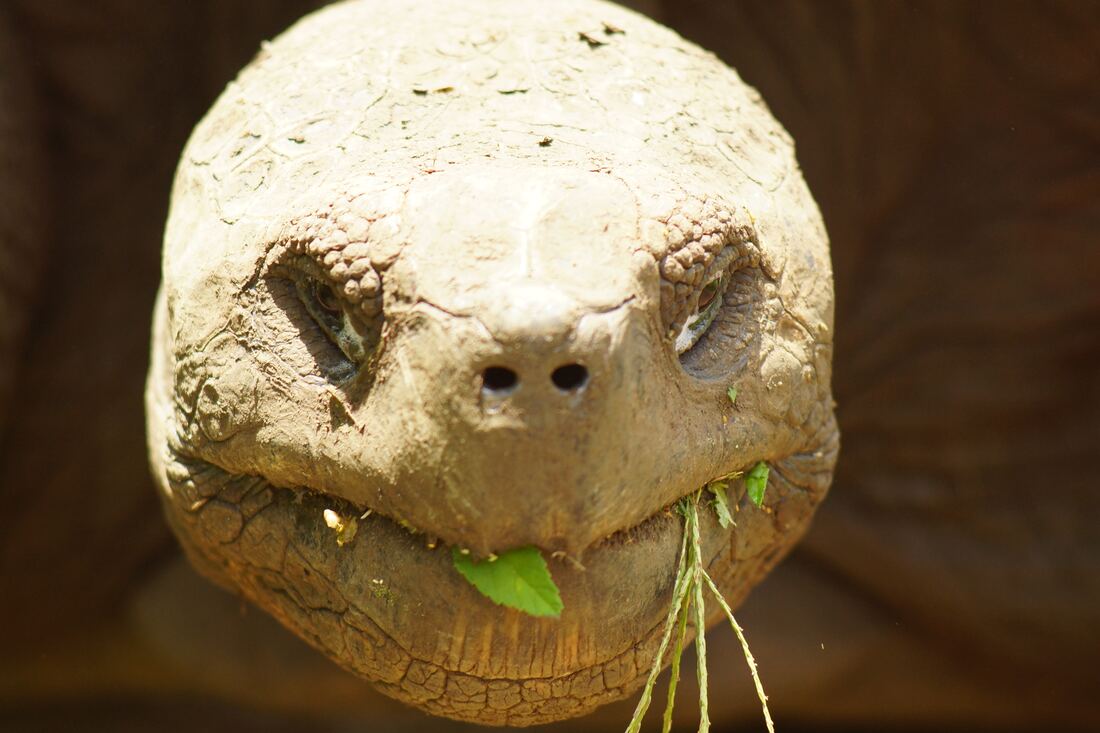|
When it comes to turtles, their eating habits might seem mysterious and intriguing. Have you ever wondered what these ancient creatures devour to sustain their slow but steady lives? Prepare to have your mind blown as we unveil the top 10 mind-boggling secrets about what turtles really eat! Get ready for a wild ride into the world of turtle cuisine! 1. Omnivorous Appetites: Turtles are remarkable creatures when it comes to their diets. Many turtle species exhibit an omnivorous nature, meaning they consume both plant and animal matter. This adaptability allows them to explore a wide range of food sources. 2. Plant Power: A significant portion of a turtle's diet consists of plant material. Leafy greens such as lettuce, kale, and spinach are popular choices. They also enjoy vegetables like carrots, squash, and cucumbers. Providing a variety of fresh, nutrient-rich plants is vital to their health. 3. Fruity Treats: Just like humans, turtles appreciate the sweetness of fruits. They relish fruits like strawberries, blueberries, bananas, and melons. However, it's important to remember that fruits should be offered in moderation due to their high sugar content. 4. Protein Providers: Turtles also require protein to thrive. They obtain it through various sources, including insects, worms, and small fish. Some turtle owners even supplement their pets' diets with commercial turtle pellets, which are specifically formulated to provide the necessary nutrients. 5. Underwater Delicacies: Aquatic turtles, such as red-eared sliders, enjoy the occasional underwater feast. They relish aquatic plants like duckweed and water lettuce, as well as small aquatic invertebrates like shrimp and snails. 6. Calcium Crucial: Turtles need a healthy dose of calcium for their shells and overall well-being. Providing calcium-rich foods like cuttlebone or calcium supplements is essential, especially for growing turtles.
7. Balanced Diet: To ensure your turtle receives a well-rounded diet, it's crucial to maintain a balance between plant matter, protein, and essential nutrients. Consult a veterinarian or herpetologist to establish a suitable diet plan for your turtle based on its species and size. 8. Hydration Matters: Turtles require access to clean water for drinking and swimming. It's essential to maintain a freshwater source, ensuring they stay hydrated and can properly digest their food. 9. Adjusting with Age: As turtles grow, their dietary needs may change. Young turtles often require more protein for growth, while adults benefit from an increased proportion of plant matter. Regularly assessing and adjusting their diet based on their life stage is key. 10. Mindful Feeding: Overfeeding turtles can lead to obesity and other health issues. Pay attention to portion sizes and avoid excessive treats. A balanced and moderate approach to feeding will promote a healthy and happy turtle. Remember, each turtle species may have specific dietary requirements, so it's essential to research and cater to their individual needs. Providing a varied and nutritious diet ensures the overall well-being of these captivating reptiles.
0 Comments
Leave a Reply. |
�
categories
Categories
All
|





 RSS Feed
RSS Feed